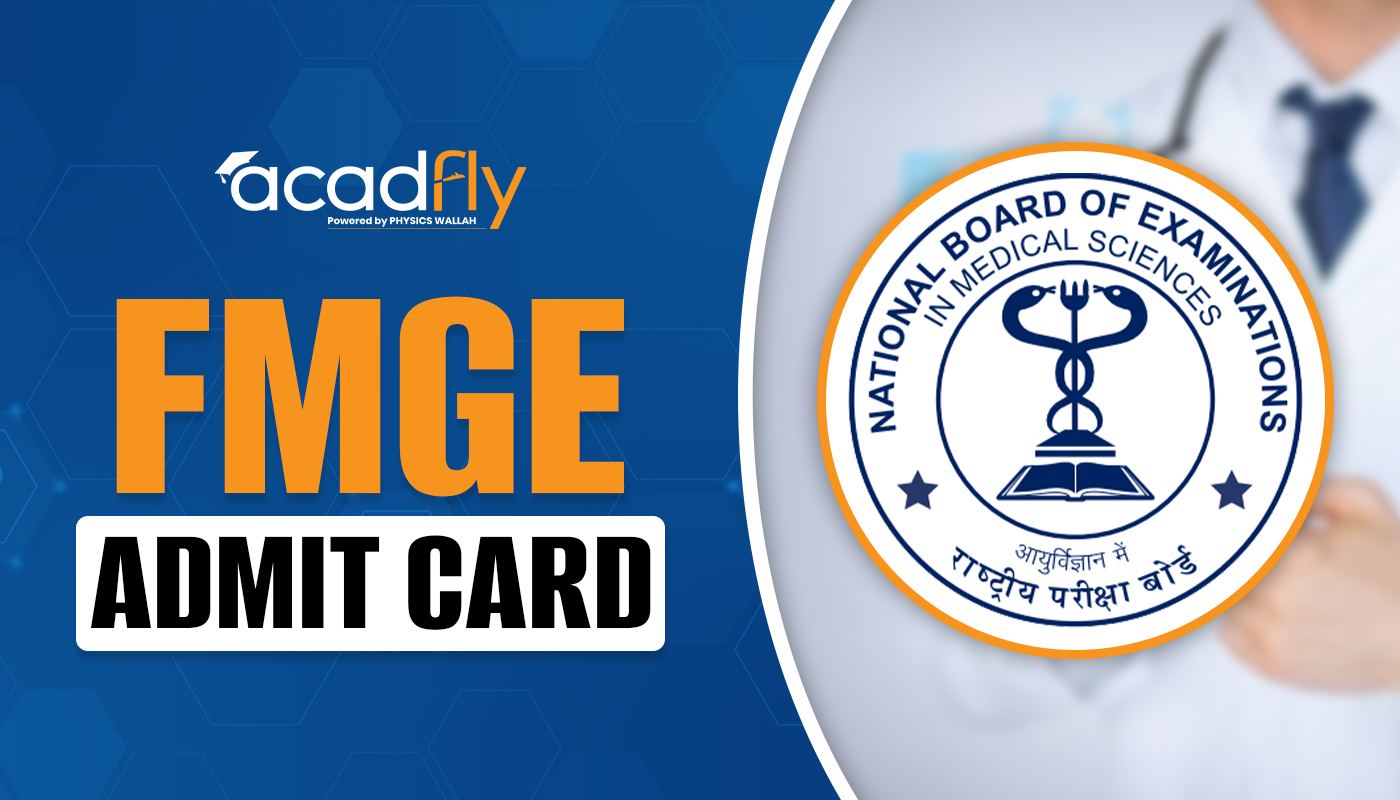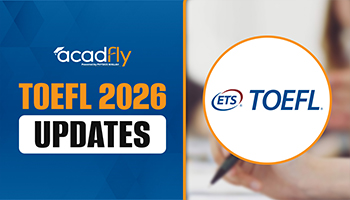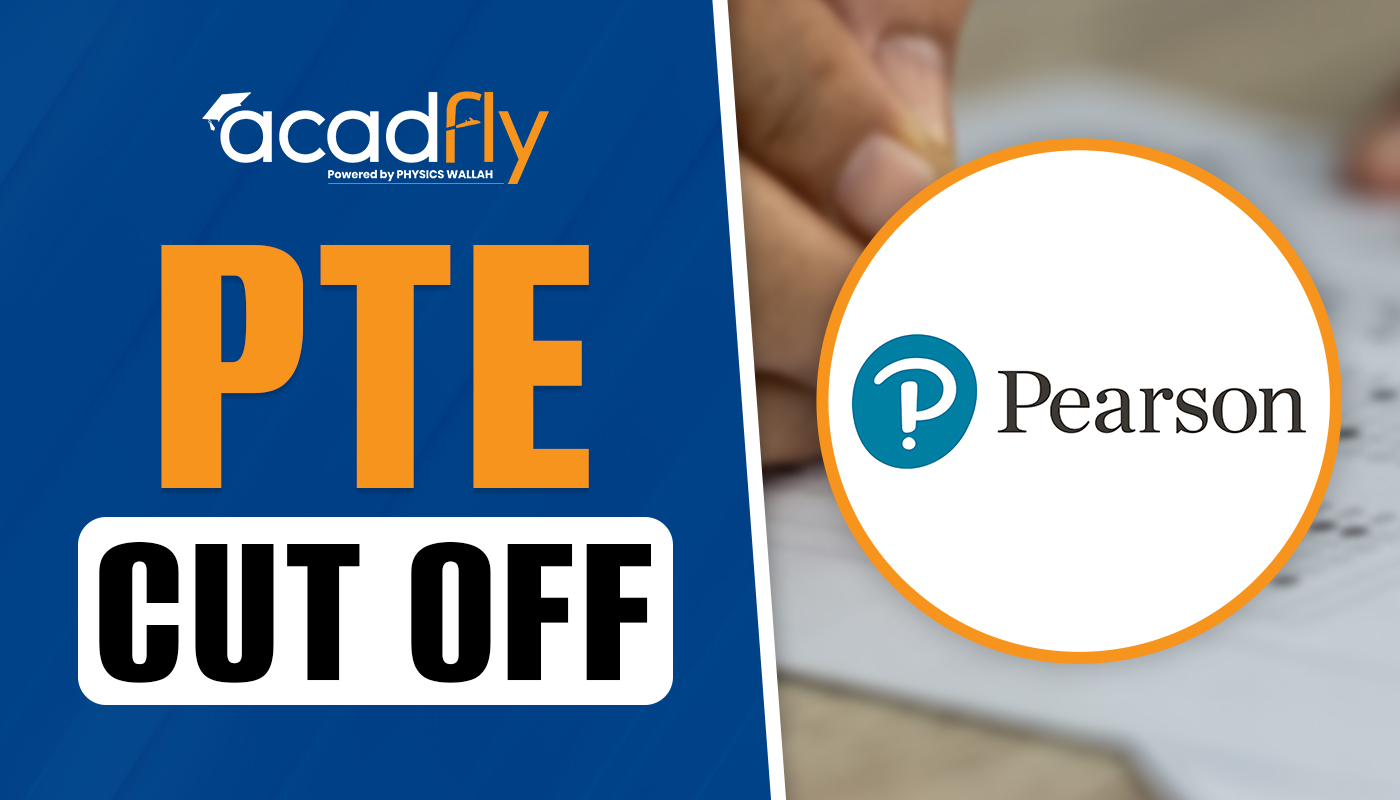
To pursue a biotechnology degree in Ireland, international students must meet several important criteria. The biotechnology degree requirements in Ireland typically include academic qualifications, English language proficiency, and other admission criteria set by top universities. Understanding these requirements is essential for applicants to successfully gain admission to a biotechnology program and to take advantage of the numerous academic and career opportunities Ireland offers in this field. This guide will help you navigate the key factors to consider when applying for biotechnology studies in Ireland.
Eligibility for Biotechnology Masters in Ireland
To study for a Biotechnology Masters in Ireland, students must fulfill certain eligibility criteria, which ensures they are well-prepared for advanced learning in the field. The requirements typically involve academic background, language skills, and other relevant qualifications that universities assess during the admission process.
1. Relevant Undergraduate Degree
Students need to have a bachelor's degree in biotechnology, biology, or a related discipline such as microbiology or biochemistry. This ensures they have the foundational knowledge necessary for the master’s coursework. Degrees from recognized universities are usually required to meet eligibility standards.
2. Minimum Academic Score
Most Irish universities expect applicants to have secured a minimum score of 60-65% in their undergraduate degree. This reflects the academic competence required for the rigorous master's program. Specific percentage requirements may vary depending on the university and the course applied for.
3. English Language Proficiency
Since courses are taught in English, international students must prove their language proficiency. An IELTS score of at least 6.5, with no section below 6.0, is a common requirement. This helps ensure that students can effectively engage in lectures, assignments, and discussions in English.
4. Work Experience (Optional)
Although not mandatory, some programs may give preference to students with prior research or professional experience in biotechnology or a related field. This is particularly useful for students who have industry exposure, which can enhance their learning experience during the course.
5. Letters of Recommendation
Applicants are often asked to submit two or more letters of recommendation from academic professors or professionals. These letters provide insight into the applicant's academic capabilities, character, and potential to succeed in the master's program.
IELTS Requirements for Biotechnology in Ireland
To gain admission to a Biotechnology Masters program in Ireland, international students need to meet specific IELTS requirements. Proficiency in English is essential, as courses are delivered in the language, and students must be able to communicate effectively in academic settings. Most universities outline their minimum IELTS score criteria for applicants to ensure they can succeed in their studies.
Minimum Overall IELTS Score
Most universities require an overall IELTS score of at least 6.5 for admission to a Biotechnology Masters program. This ensures that students can handle the language demands of lectures, group projects, and written assignments effectively.
Sectional Score Requirements
In addition to the overall score, universities often require a minimum score of 6.0 in each section—Listening, Reading, Writing, and Speaking. This ensures that students have balanced proficiency in all aspects of the English language.
Higher Scores for Competitive Programs
Some competitive biotechnology programs may require higher IELTS scores, particularly for students aiming for prestigious universities. A score of 7.0 or above may be necessary in these cases to meet the elevated standards of the program.
Validity of IELTS Score
The IELTS score must be valid at the time of application, typically within two years of the test date. Universities require up-to-date scores to ensure that applicants have current and relevant language proficiency.
Alternative English Proficiency Tests
Some universities may accept alternative English language tests such as TOEFL or PTE Academic in place of IELTS. However, the score requirements for these tests are often comparable to the IELTS benchmarks.
Top Biotechnology Universities in Ireland
Ireland is a popular destination for biotechnology studies due to its top-ranked universities and strong emphasis on research and innovation in life sciences. These institutions provide students with excellent academic resources, research opportunities, and industry connections, preparing them for successful careers in biotechnology.
|
University Name |
Location |
Key Features |
Global Ranking |
|
Trinity College Dublin |
Dublin |
Renowned for biotechnology research and innovation |
Top 100 (QS World) |
|
University College Dublin (UCD) |
Dublin |
Strong research focus, well-equipped laboratories |
Top 200 (QS World) |
|
University of Limerick |
Limerick |
Industry connections and research collaborations |
Top 500 (QS World) |
|
National University of Ireland Galway (NUIG) |
Galway |
Leading research in biomedical sciences |
Top 250 (QS World) |
|
Dublin City University (DCU) |
Dublin |
Cutting-edge biotechnology and life sciences programs |
Top 500 (QS World) |
|
University College Cork (UCC) |
Cork |
Extensive research in food biotechnology |
Top 300 (QS World) |
|
Maynooth University |
Maynooth |
Growing biotechnology research and modern labs |
Top 750 (QS World) |
|
Waterford Institute of Technology |
Waterford |
Practical biotechnology programs with industry relevance |
Top 1000 (QS World) |
|
Technological University Dublin (TU Dublin) |
Dublin |
Strong focus on applied biotechnology and innovation |
Top 800 (QS World) |
|
Athlone Institute of Technology |
Athlone |
Biotechnology research with strong links to industry |
Top 1000 (QS World) |
Scholarships for Biotechnology in Ireland
Ireland offers a range of scholarships to support international students pursuing biotechnology degrees. These scholarships can help cover tuition fees, living expenses, and other costs, making higher education more accessible. Below is a table highlighting some of the top scholarships available for biotechnology students in Ireland, along with key details about eligibility and coverage.
|
Scholarship Name |
Eligibility |
Coverage |
Offered By |
|
Government of Ireland International Education Scholarship |
Outstanding academic records and leadership potential |
Full tuition fee waiver and stipend |
Government of Ireland |
|
UCD Global Excellence Scholarship |
International students with academic excellence |
Partial to full tuition fee waiver |
University College Dublin (UCD) |
|
Trinity College Dublin Global Scholarship |
International students, with high academic achievements |
Partial tuition fee reduction |
Trinity College Dublin |
|
NUI Galway International Student Scholarship |
High-achieving international students |
Partial tuition fee reduction |
National University of Ireland Galway (NUIG) |
|
University of Limerick Merit Scholarship |
Excellent academic performance in previous studies |
Partial tuition fee waiver |
University of Limerick |
|
Cork Institute of Technology International Student Scholarship |
International students pursuing biotechnology |
Partial tuition waiver |
Cork Institute of Technology |
|
Irish Research Council Scholarships |
Research-focused postgraduate students |
Research funding and living expenses |
Irish Research Council |
|
DCU International Merit Scholarship |
International students with academic distinction |
Partial tuition fee waiver |
Dublin City University (DCU) |
|
Maynooth University International Scholarship |
International students with strong academic background |
Partial tuition fee waiver |
Maynooth University |
|
Technological University Dublin Scholarship |
Biotechnology students with high academic merit |
Tuition fee reduction |
Technological University Dublin (TU Dublin) |
Frequently Asked Questions
1. What are the basic academic requirements to study Biotechnology in Ireland?
2. Is work experience necessary for a Biotechnology Master in Ireland?
3. What is the minimum IELTS score required for admission?
4. Are there scholarships available for Biotechnology students in Ireland?
5. Can I apply for a Biotechnology program in Ireland with a degree from another country?
6. How long is a typical Biotechnology Masters program in Ireland?









